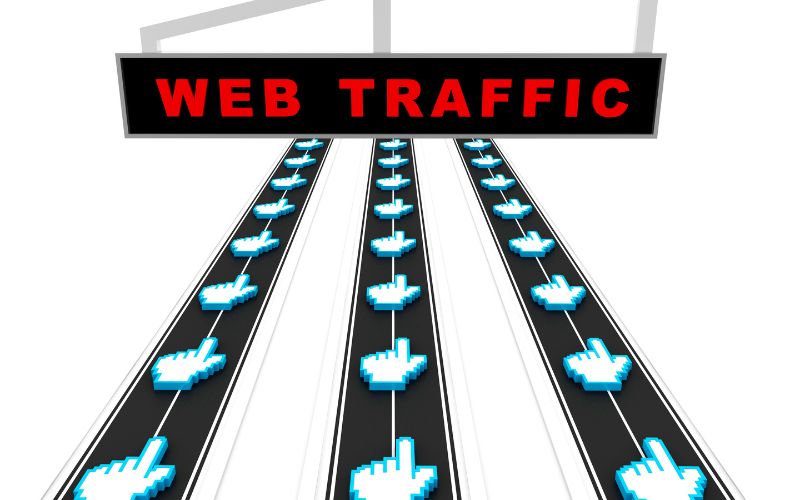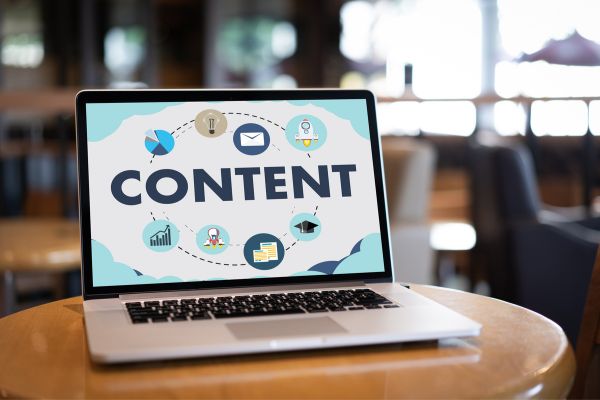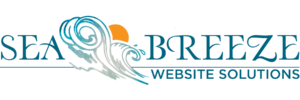When you are looking for answers to any question, generally the first thing to do is to go to the internet and put the question into your search engine (Google, Bing, Siri, Alexa or one of the many others). How your website ranks when someone searches will depend on the effectiveness of your SEO (Search Engine Optimisation).
Since most people are time poor, they will take the top few answers and disregard the rest. What this means is that the websites that provide the information that is presented at the top of the list are the ones that people will be looking at. As a business, you want your website to be at the top of that list so that you are seen as the authority for that topic and you are receiving potential customers to your website.
What is SEO?
Search Engine Optimisation (SEO) is what you can do to your website regarding content you present on the front-end and backend settings you can configure to ensure that search engines rate your site as worthy of putting you at the top of the list for searches relating to your key services and topics. It also includes other strategies you can employ such as social media posts to help drive traffic to your website.

Some Terminology for Understanding SEO
Search Engine
A search engine is the search feature as part of your browser. The most dominant search engine is Google who has the largest market share for desktop browsing. The next player in this market is Bing.
Keywords
Keywords are the words and phrases that people will enter in the search engine to find businesses/websites that will solve their problem. Using keywords throughout your website will allow your potential customers to find you.
SERP (Search Engine Results Page)
When keywords are entered into the search engine, it produces a Search Engine Results Page (SERP). Most people will only look at the first page of the SERP. Ideally, you want your website to show up on this first page.
Visibility
How you rank in the search is known as your visibility on the web. The greater your visibility, the higher you will appear on the SERP and therefore more traffic your website.

Content
Content is anything that you have on your website including text, graphics, applications, videos, etc. How you deliver this content will contribute to your website visibility. It is important to ensure that your content is engaging for your audience and is also optimised for search engines. Search engines also rate for quality content, so make sure you are diligent in vetting the information you are providing on your website.
Where possible, plan your content with SEO in mind.
On-Page SEO
On-Page SEO is all about what you control on your website to help you rank higher with the search engines. It includes your content and back-end coding.
Off-Page SEO
Off-Page SEO refers to the action you can take to build trust as an authority for your brand throughout the internet other than your website. This is pretty much your social media networks and other websites that offer directory listings that allow you to promote your website.
Meta Description
This is the summary that seen as part of the SERP to inform the reader of what the page is about. To use the meta description to improve your SEO, it should be less than 160 characters and include your keyword.
Organic Traffic
Organic Traffic is visitors to your website that arrived via a click-throughs from another source other than paid ads. This is where your off-page SEO comes into play. The more organic traffic you have, the better you will rank on the SERP.
Links
The internet is essentially a global network of interconnected computers so it relies on websites to link to other information on the network. Links on your website are ‘clickable’ content that will redirect the user to another page or website. Search engines look favourably on content that provides the best information, so what your website links to and what other websites link to your website are very important for establishing authority of your information. You’ll want to make sure you have other websites that link to yours (inbound links), links from your website to others (outbound links) and links within your site to other content on your site (internal links).

Key Points on Using SEO Effectively
The key elements to take away are:
- Research your keywords and include them in your content
- Include useful links within your content
- Use social media for your off-page SEO





